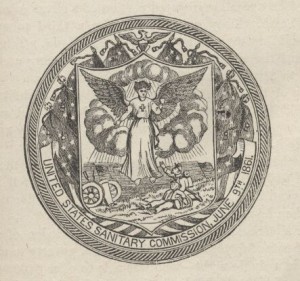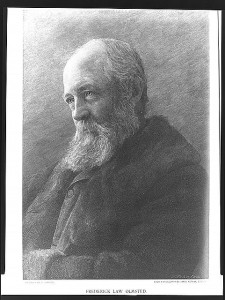Hundreds of Tons Warehoused
From The New-York Times September 26, 1862:
Protest Against Sending Presents to Soldiers.
CENTRAL OFFICE, SANITARY COMMISSION,
WASHINGTON, Sept. 20, 1862.
The Sanitary Commission, at the request of Gen. HALLECK, Commanding in Chief the Armies of the United States, most earnestry advises against the practice of sending presents to soldiers of articles which it is supposed will add to the conveniences of their camp life. To the knowledge of the Commission, many hundred tons of such presents are now piled uselessly in store-houses and yards, and upon old camp-grounds; while thousands have probably been destroyed to prevent their falling into the hands of the enemy, and but a small part of all that have been received by those to whom they were addressed have been of the smallest value to them, except as tokens of the affectionate interest of their friends. For this purpose, letters and such other small and light articles as can be transmitted by mall would have been much better. Larger gifts occasion serious practical mischief -men and officers being [???] averse to throwing them away — they add to the incumbrances, which are a chief cause of the excessive fatigue, and thus of the sickness of the soldier. …
FRED. LAW [???] [Olmsted], General Secretary.
Frederick Law Olmsted was a landscape architect (New York City’s Central Park, for example) who did serve as General Secretary of the U.S. Sanitary Commission during the war. He also helped found the Union League Club of New York in 1863. And he achieved a lot more during his long career.


